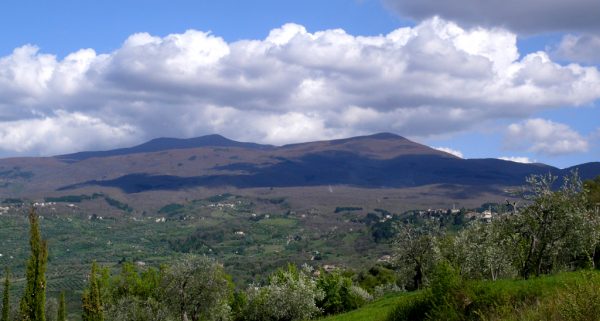The environmental impact of geothermal energy has recently been a topic of debate in the European Parliament, raised by Italian MEPs. Now, a scientific paper published by Manzella et all. analyses the issue more in depth and provides an assessment of the environmental impact of geothermal in Tuscany and the regulatory background. It concludes that “partial or incorrectly provided information represents a serious threat to geothermal development”.
The evidence brought forward was related to the Italian case of Mount Amiata, a volcanic area rich of CO2 naturally degassing from soil, and mined for centuries in search of mercury. The facts that were used to present this case study as definite prove of environmental impact caused by geothermal energy development were, however, widely incorrect.
The paper “Environmental and social aspects of geothermal energy in Italy”, published in January 2018 on Geothermics, provides in fact a comprehensive description of the Italian case, analyzing the effects of geothermal development on air, water, and soil, and investigating potential disturbance from noise, subsidence, and seismicity, as well as the visual impact on the landscape.
The paper concludes that attention to the environment, to reducing the potential impact of geothermal energy, and to ensuring safety are fundamental in Italian environmental policies. In fact, in consideration of the strategic role played by geothermal energy, both the government and local administrations have enforced a comprehensive legislation, that provides guidelines for the safe exploration, operation, and management of geothermal resources.
In Tuscany, where all the operational Italian geothermal power plants are located, the regional government implements strict controls on the environmental aspects, through the application of the most advanced mitigation techniques and the periodic environmental monitoring and quality check.
The evidence presented in this paper could help combat the fragmentation of information and finally encourage a constructive dialogue between experts and non-experts.

Monte Amiata, Italy

BE SOCIAL & SHARE